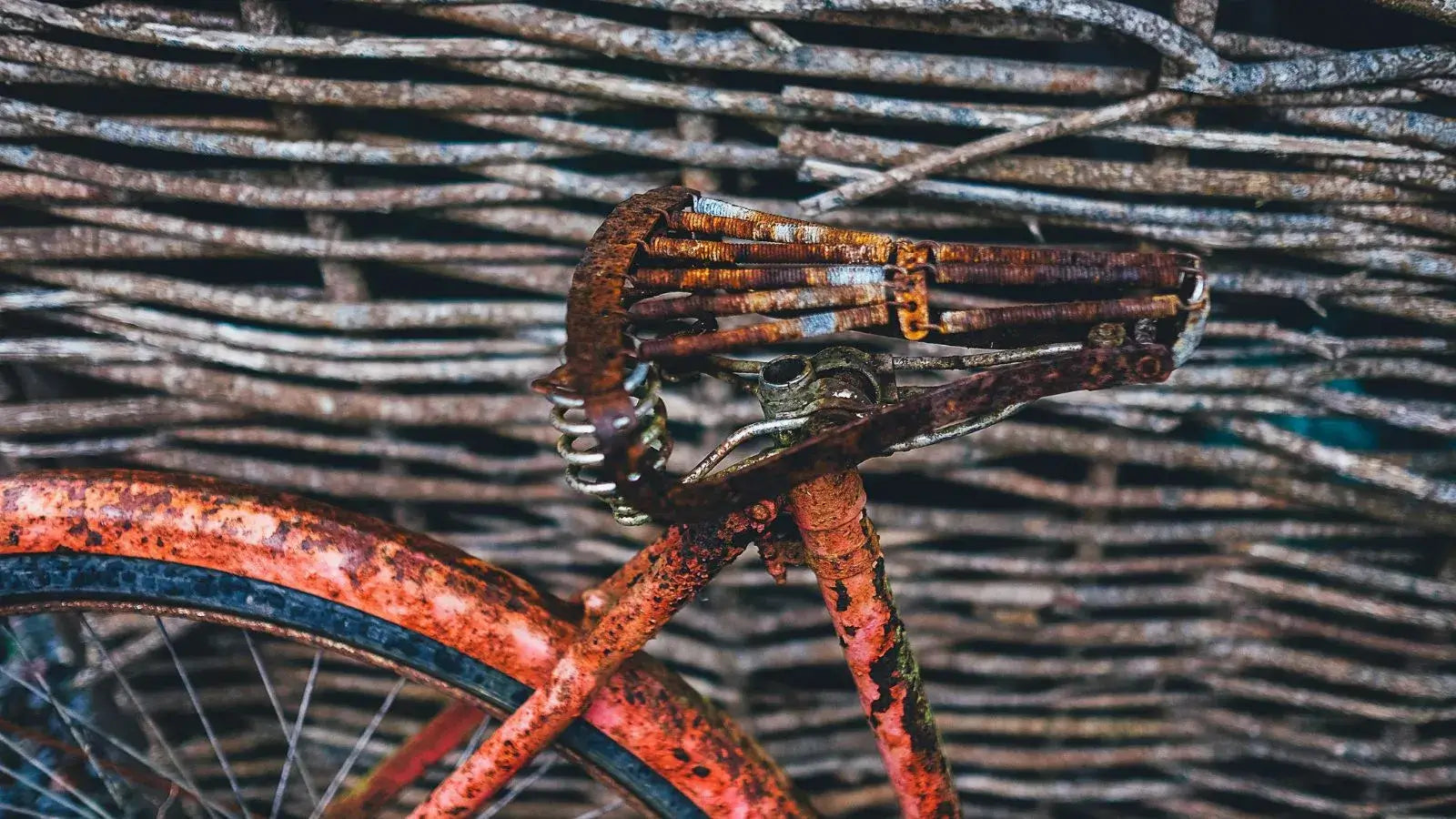
Worried About Rust After Ebike Riding in Wet Conditions? Here's What You Can Do
Riding your electric bike in wet conditions can lead to rust, which threatens your bike's components. Rust forms when moisture interacts with metal, potentially damaging parts like the derailleur, pedals, handlebar, crankset and brake rotors. This article will share key rust prevention tips to keep your bike in top shape.
Understanding Rust and Its Impact on Bikes
Rust forms when iron reacts with oxygen and moisture, creating iron oxide that weakens metal parts. For electric bikes, rust can diminish performance, compromise safety, and lead to costly repairs. Knowing which components are prone to rust and taking preventive action is essential for maintaining your bike's condition.
Key Bike Components Prone to Rust
Electric Bike Derailleur
The derailleur is a vital component responsible for smooth gear shifting. Due to its exposed nature, it is highly susceptible to rust, especially after riding in wet conditions. Regular cleaning and lubrication are essential to keep it functioning optimally. Use a clean, dry cloth to wipe off any moisture, and apply a suitable bike lubricant to prevent rust formation.
Electric Bike Pedals
Pedals are constantly exposed to elements, making them prone to rust. After a wet ride, ensure you thoroughly dry the pedals. Consider using pedals made of rust-resistant materials or applying a protective coating to enhance their lifespan.
Electric Bike Handlebar
The handlebar is another exposed component that can suffer from rust. After riding through rain or wet conditions, wipe down the handlebar with a dry cloth. If your bike has a removable handlebar, consider taking it off and storing it in a dry place when not in use.

Electric Bike Crankset
The electric bike crankset is essential for power transfer. To prevent rust, clean the crankset regularly, especially after exposure to moisture. Applying a thin layer of lubricant can help protect it from rust and ensure smooth operation.
Brake Rotors
Brake rotors play a critical role in your bike's stopping power. Rust on brake rotors can significantly affect performance. After a wet ride, carefully dry the rotors and consider using a rust-inhibiting spray to prevent corrosion.
The Top Actions You Can Take to Prevent Rust
Now that we know the components at risk, let’s focus on what you can do to protect your bike from rust, especially if you ride in wet conditions frequently. Preventing rust comes down to proactive care, cleaning, and regular maintenance. Below are the most effective strategies to keep your bike rust-free:
1. Clean Your Bike After Every Ride
The most important step in preventing rust is to clean your bike after every ride. Wet conditions leave moisture, dirt, and salt on your bike, all of which can lead to rust formation. Cleaning the bike removes these elements, reducing the chances of rust building up.
Tip: Use a gentle, bike-specific cleaner that won't damage the paint or other surfaces. Pay close attention to areas with exposed metal, like the crankset, pedals, handlebars, derailleur hanger, and rotors. After cleaning, dry your bike thoroughly with a soft cloth to prevent moisture from lingering.

2. Lubricate Moving Parts
Lubricating key parts of your bike helps create a protective barrier against moisture. Focus on areas like the crankset, pedals, and derailleur hanger, where water and dirt can easily get trapped. Applying the right lubricant will not only prevent rust but also keep parts moving smoothly.
Tip: Use a high-quality, water-resistant lubricant designed for bikes. After lubricating, wipe off any excess to avoid attracting dirt, which can wear down the components over time.
3. Store Your Bike Properly
How you store your bike plays a huge role in preventing rust. If you leave your bike outside, especially in areas where it’s rainy or humid, it’s much more likely to rust. Try to store your bike indoors in a dry, cool place. If you don’t have an indoor space, consider investing in a weatherproof bike cover to protect it from the elements.
Tip: A dry, well-ventilated space is ideal for storing your bike. Avoid leaving it in damp basements or garages, where moisture can cause rust to form.
4. Use Anti-Rust Coatings
Another proactive approach is to apply an anti-rust coating to the metal components of your bike. These coatings form an additional protective layer that keeps moisture and oxygen away from the metal. Some anti-rust products are designed specifically for bike parts and are highly effective in reducing rust risk.
Tip: Be sure to follow the manufacturer’s instructions when applying anti-rust coatings, and reapply regularly, especially after riding in wet conditions.
5. Inspect Your Bike Regularly
Regular inspections are crucial for catching early signs of rust before it becomes a major problem. Make it a habit to check your bike’s critical components—crankset, pedals, handlebars, derailleur hanger, and rotors—for any rust or corrosion. If you catch rust early, it’s easier to clean and prevent further damage.
Tip: If you spot rust on any parts, clean it off immediately and consider applying some lubricant or rust remover to stop it from spreading.

What to Do If You Find Rust
Even with all the precautions in place, rust can still develop. If you find rust on your bike, don’t panic. There are several ways to deal with it, depending on the severity:
|
Component
|
Action
|
Replace If
|
|
Crankset
|
Clean with rust remover or steel wool.
|
Rust affects function.
|
|
Pedals
|
Clean with rust remover and lube.
|
Pedals are seized or too worn.
|
|
Handlebars
|
Clean with mild rust remover or steel wool.
|
Rust weakens structure.
|
|
Derailleur Hanger
|
Clean with rust remover.
|
Shifting is affected.
|
|
Rotors
|
Clean with rust remover.
|
Rust causes pitting or uneven surfaces.
|




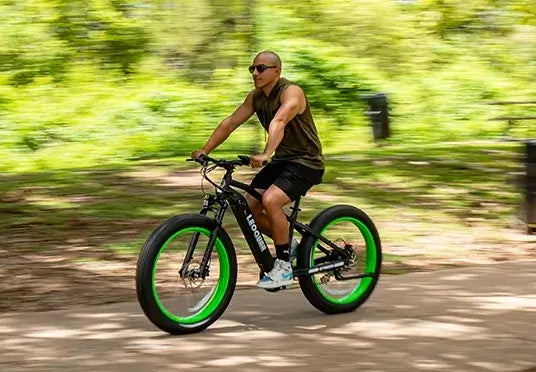




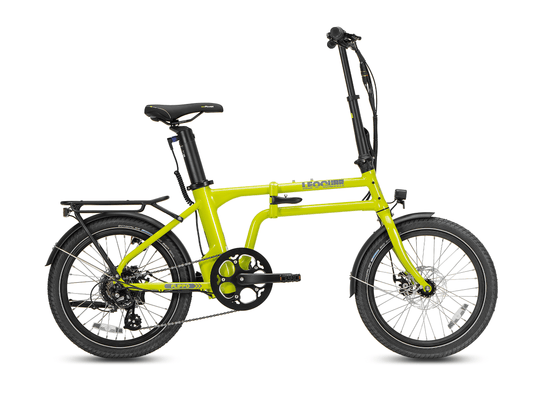
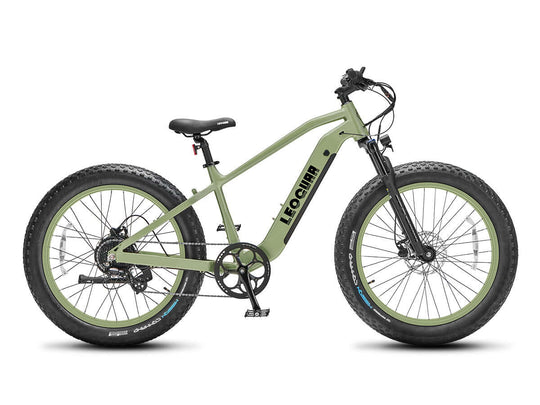
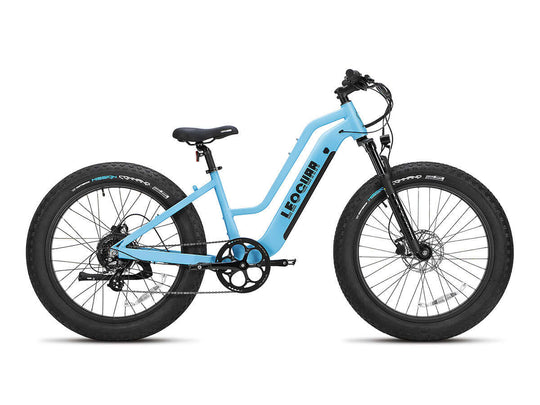
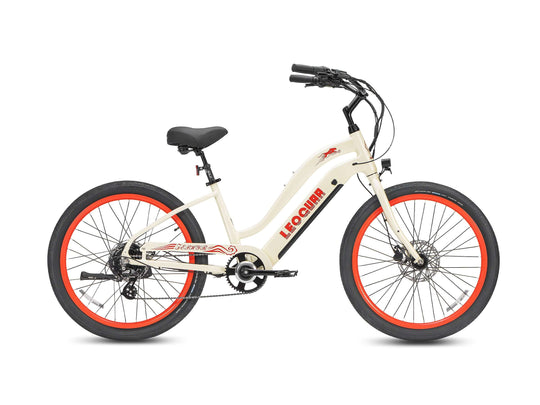
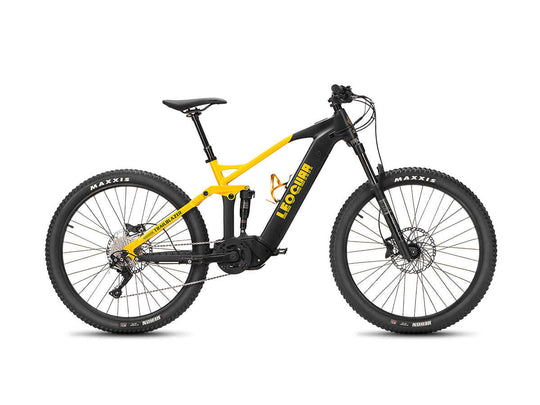
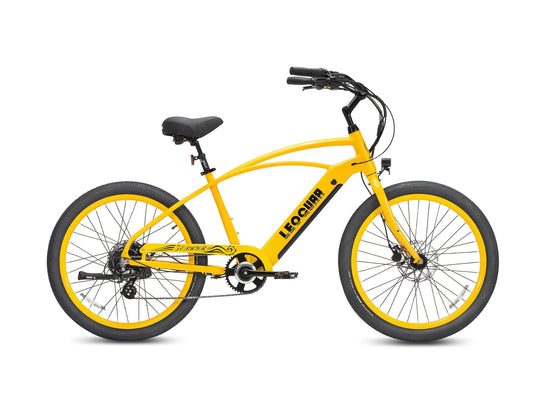
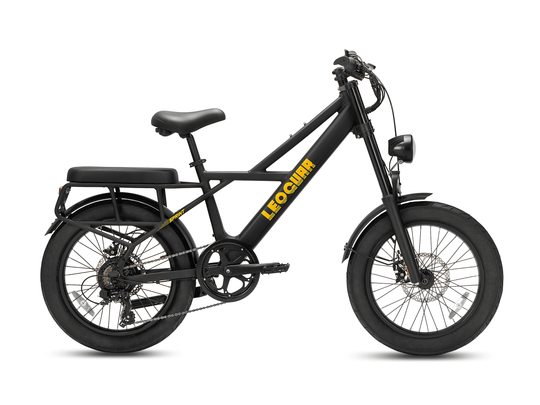
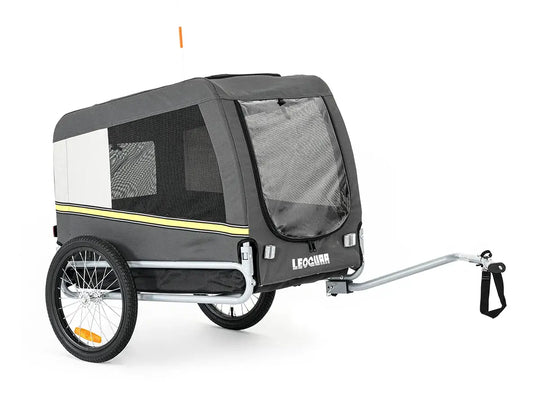
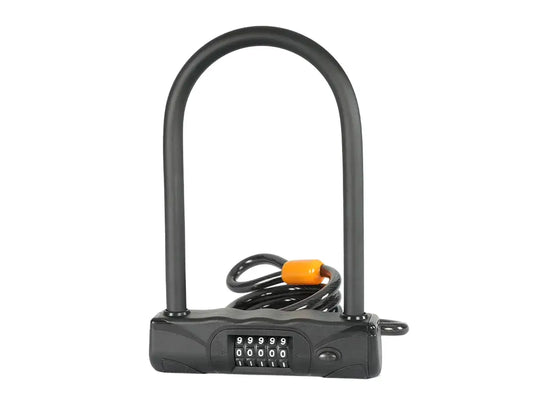
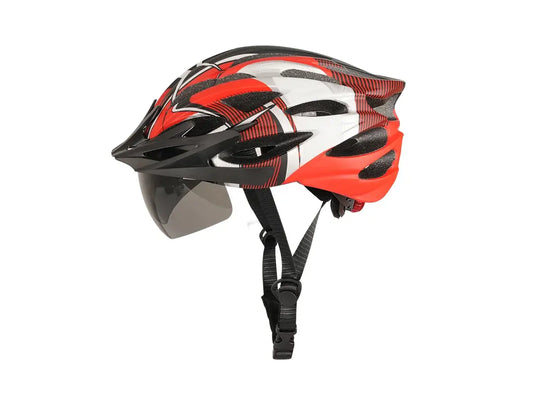
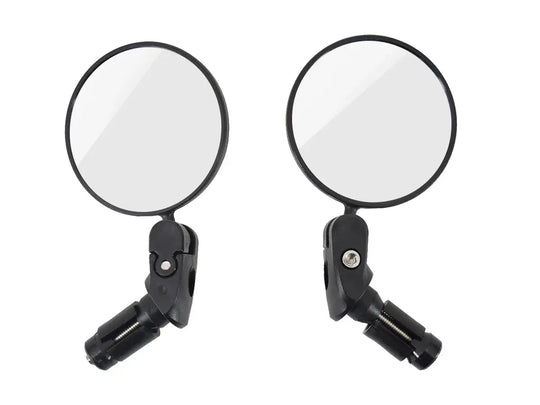
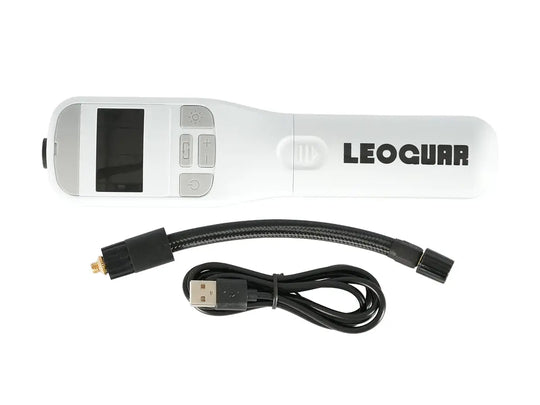
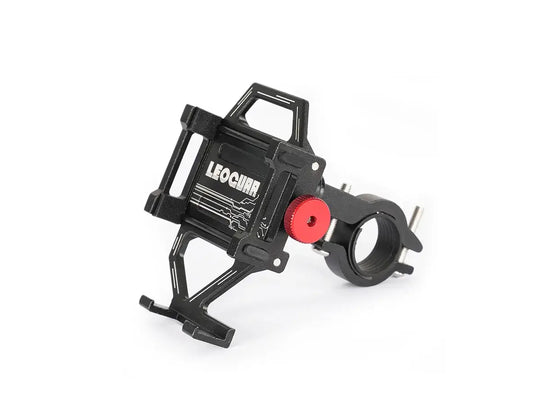
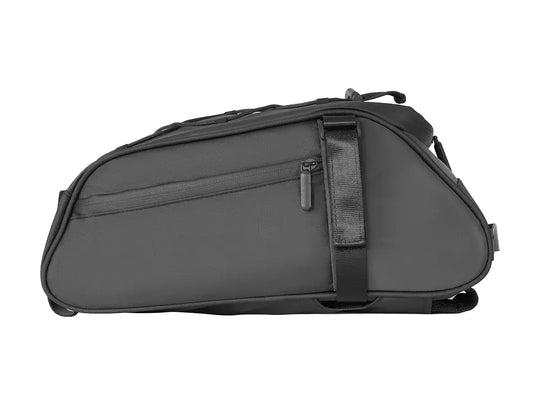
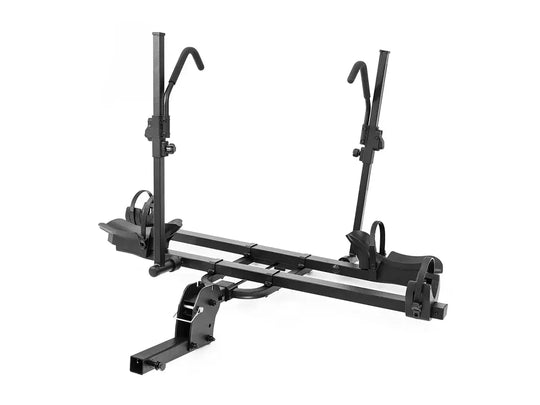
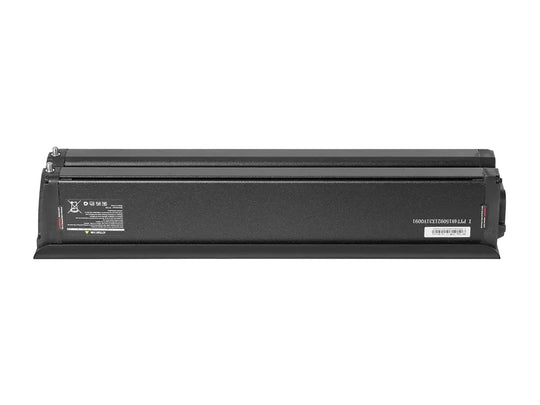
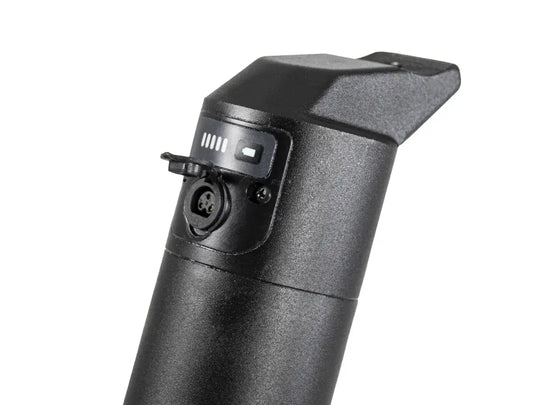
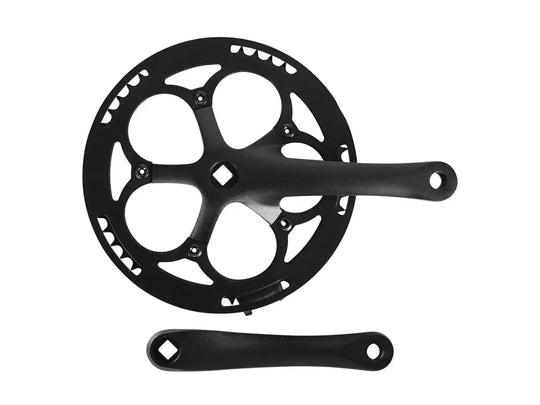
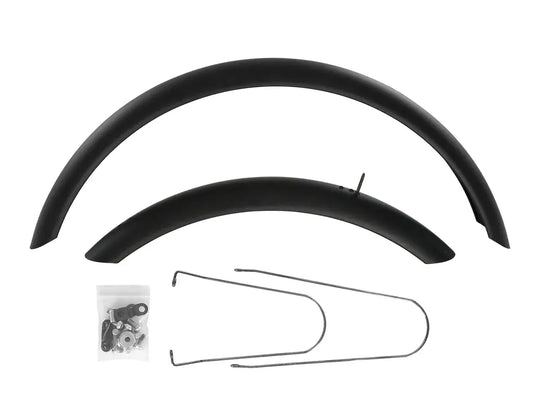
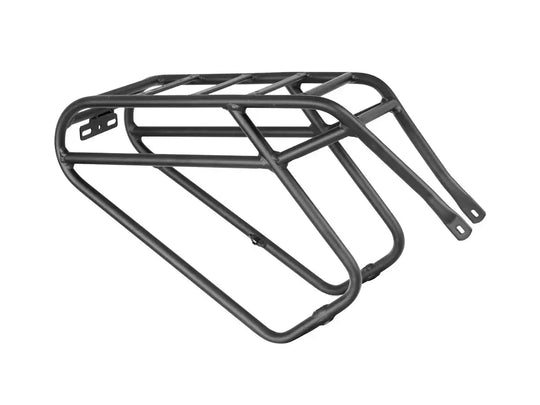
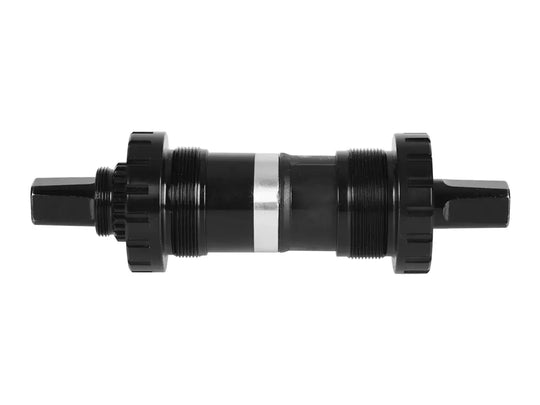
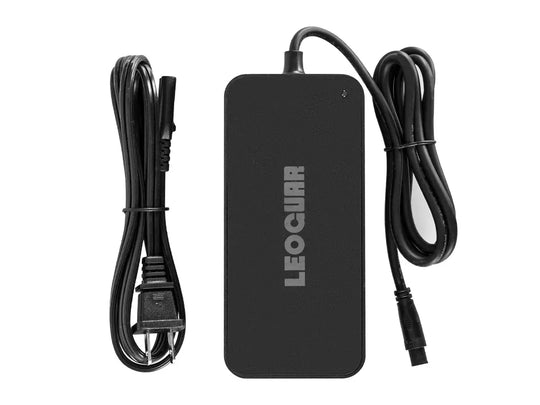
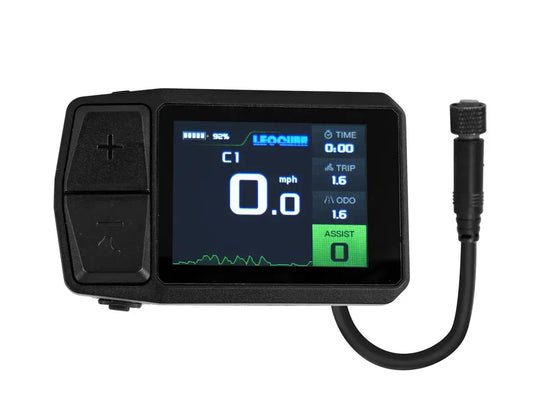
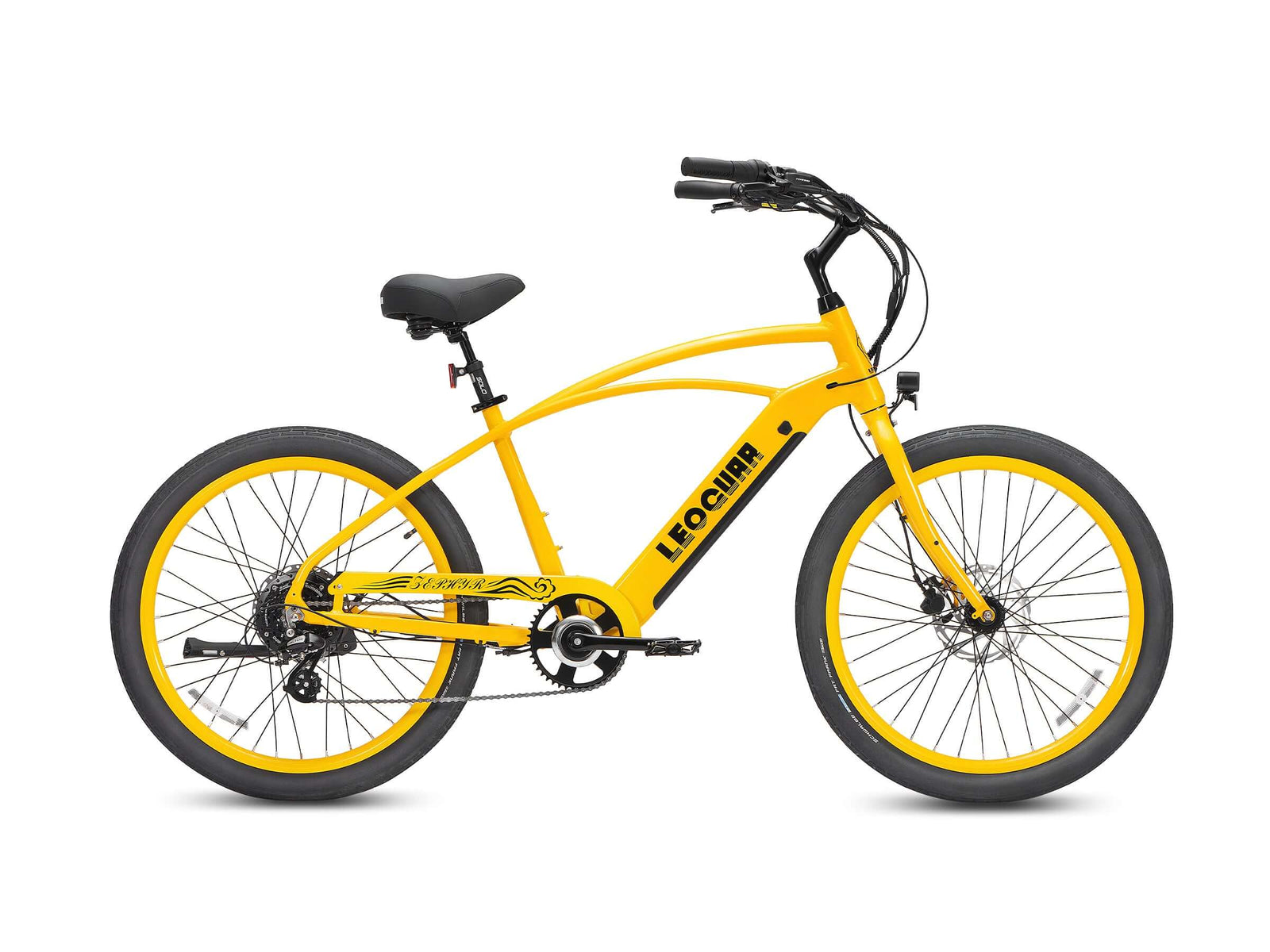







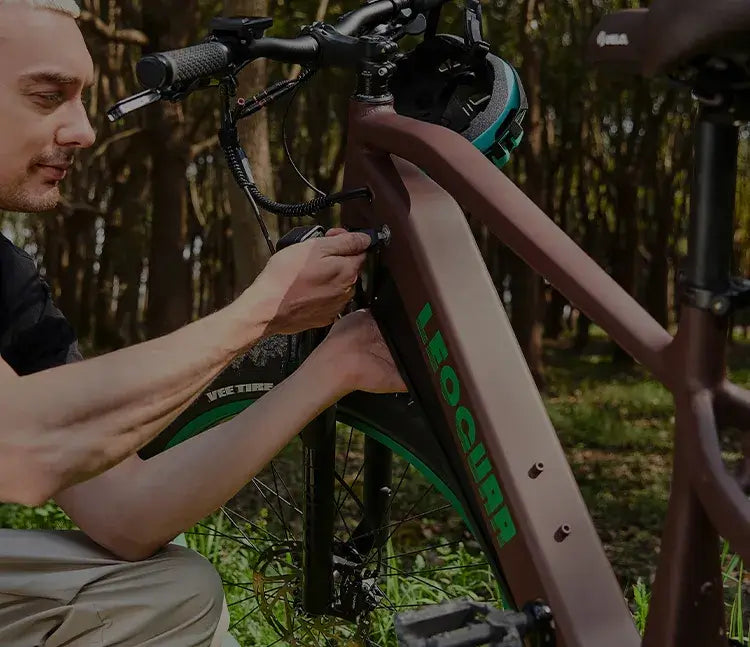
Leave a comment